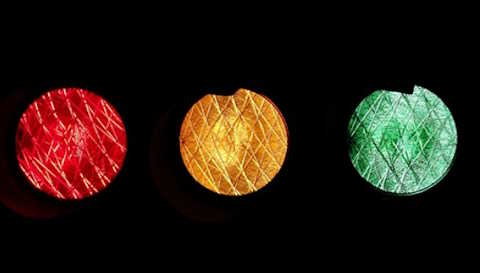
Charles Russell Speechlys Lawyers Dalal Alhouti and Georgia Fullarton write an excellent and detailed piece on: ” Conflicts of Interest in International Commercial Arbitration” —
- “Conflicts of interest can arise when an arbitrator has a connection to one of the parties or has otherwise conducted himself or herself in a manner that may give rise to justifiable doubt as to their impartiality. International commercial arbitration is largely a private process but the adage that justice must not only be done but be seen to be done holds true just as much as in litigation. Without this essential principle arbitration would stop being an effective means of commercial dispute resolution as users would lose faith in the process.”
- “In this Practice Note we explore the general principles applicable to conflicts of interest in international commercial arbitration, and how such conflicts are assessed and resolved.”
- “International commercial arbitration is not a single uniform system, it arises from the operation of national arbitration systems and the ability to enforce awards in different countries (mainly as a result of the New York Convention on the Recognition and Enforcement of Foreign Arbitral Awards, 1958[8 p.8]). A variety of different rules simultaneously apply to an arbitration, chief among them is the law of the seat (or legal place) where the arbitration is occurring and any institutional rules that the parties have agreed should be applied.”
- “It is not possible in this Practice Note to survey all national arbitration laws to determine what they say about conflicts of interest, but most will contain language to the effect that an arbitrator must be impartial and independent.”
- “Parties do not have to use an institution to help manage the arbitration process, but it is almost always recommended given the significant benefits using an institution brings. Most institutional arbitral rules address conflicts of interest, for example…”
- “Whilst the law of the seat and the institutional rules are the primary sources for rules concerning conflicts of interests, there may be other rules to consider. For example, an arbitrator may be a professional (such as a lawyer) with professional rules to avoid conflicts of interest and anything that may bring the profession into disrepute.”
- “There is also ‘soft law’, being guidance and rules generated by industry bodies which are not mandatory, but which parties either choose to follow or which are taken to reflect best practice and so may be consulted when determining whether there is a conflict of interest. The main soft law in this area is the International Bar Association’s ‘Guidelines on Conflicts of Interest in International Arbitration’, first issued in 2004. The IBA Guidelines divide possible conflicts into three traffic light categories…”
- “The IBA Guidelines divide possible conflicts into three traffic light categories:
- Red list items, being situations where there is clearly a conflict. This is divided further into ‘Red Non-waivable’ situations which result in automatic disqualification of the arbitrator, and ‘Red Waivable’ situations which require notification of the parties and their express consent to be given (i.e., a specific waiver provided) for the arbitrator to act.
- Orange list items, being situations which ‘in the eyes of the parties give[s] rise to doubts as to the arbitrator’s impartiality and independence’. These require notification of the parties and an invitation to the parties to make an informed decision whether to request that the arbitrator be disqualified on the basis that there is an objective, justifiable doubt as to an arbitrator’s impartiality and/or independence.
- Green list items, being situations ‘where no appearance of, and no actual, conflict exists from an objective point of view’. No obligation to disclose arises or a limit to disclosure applies based on reasonableness.”
- “Conflicts of interest can arise in many different forms, but perhaps the three most common are where… connection with one of the parties can arise where, for example, the arbitrator has previously substantively advised one of them in a professional capacity or has a financial interest in one of them…. A common source of conflict is where an arbitrator has a connection with one of the lawyers in the case.”
- “Issue conflict arises where an arbitrator has previously expressed a view on a particular legal problem that also arises in the arbitration, such that it may be argued that the arbitrator is no longer impartial or open-minded on the issue. This is traditionally hard to prove and doesn’t arise as often as the other conflicts referred to above.”
- “Arbitrators should also take care to understand as fully as possible the relevant corporate structure of the parties to the dispute so that any conflict check is complete. In carrying out this assessment, an arbitrator may look to the IBA Guidelines to understand the General Standards (Part 1 IBA Guidelines) as well as guidance on their practical application and specifically which situations do and do not constitute conflicts of interest and should be disclosed (Part 2 IBA Guidelines) using the IBA Guidelines’ traffic-light system.”
- “Conflicts of interest are a fact of life that will continue to occur, they just need to be properly identified and managed. Although as detailed above, the exact test to be applied can vary between different laws and arbitral rules, the key points are that arbitrators should confirm their impartiality and identify any possible conflict as soon as they can, using the IBA Guidelines for guidance. After that any challenge should be made promptly to minimise the delay to the arbitral process as far as possible.”
